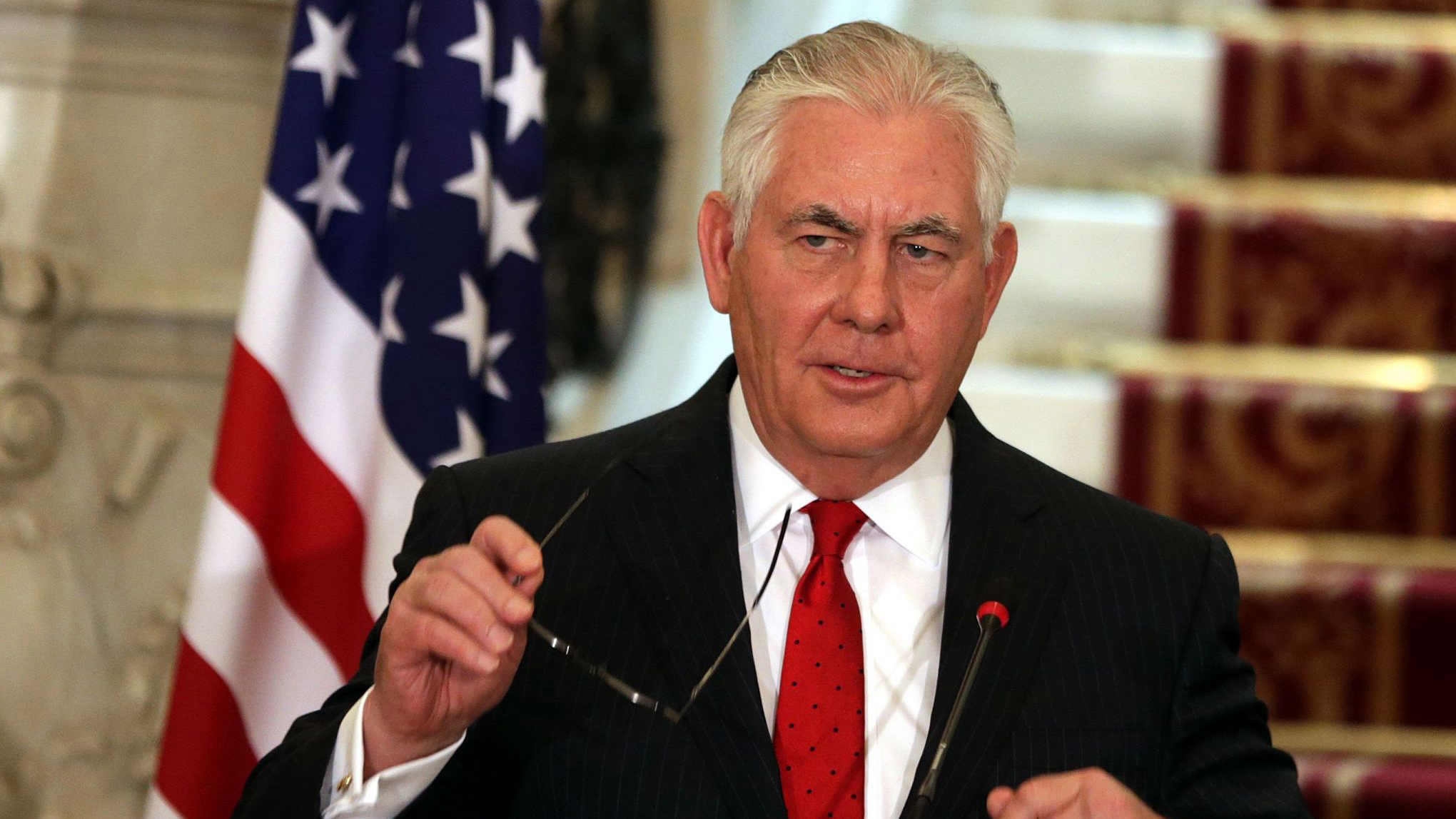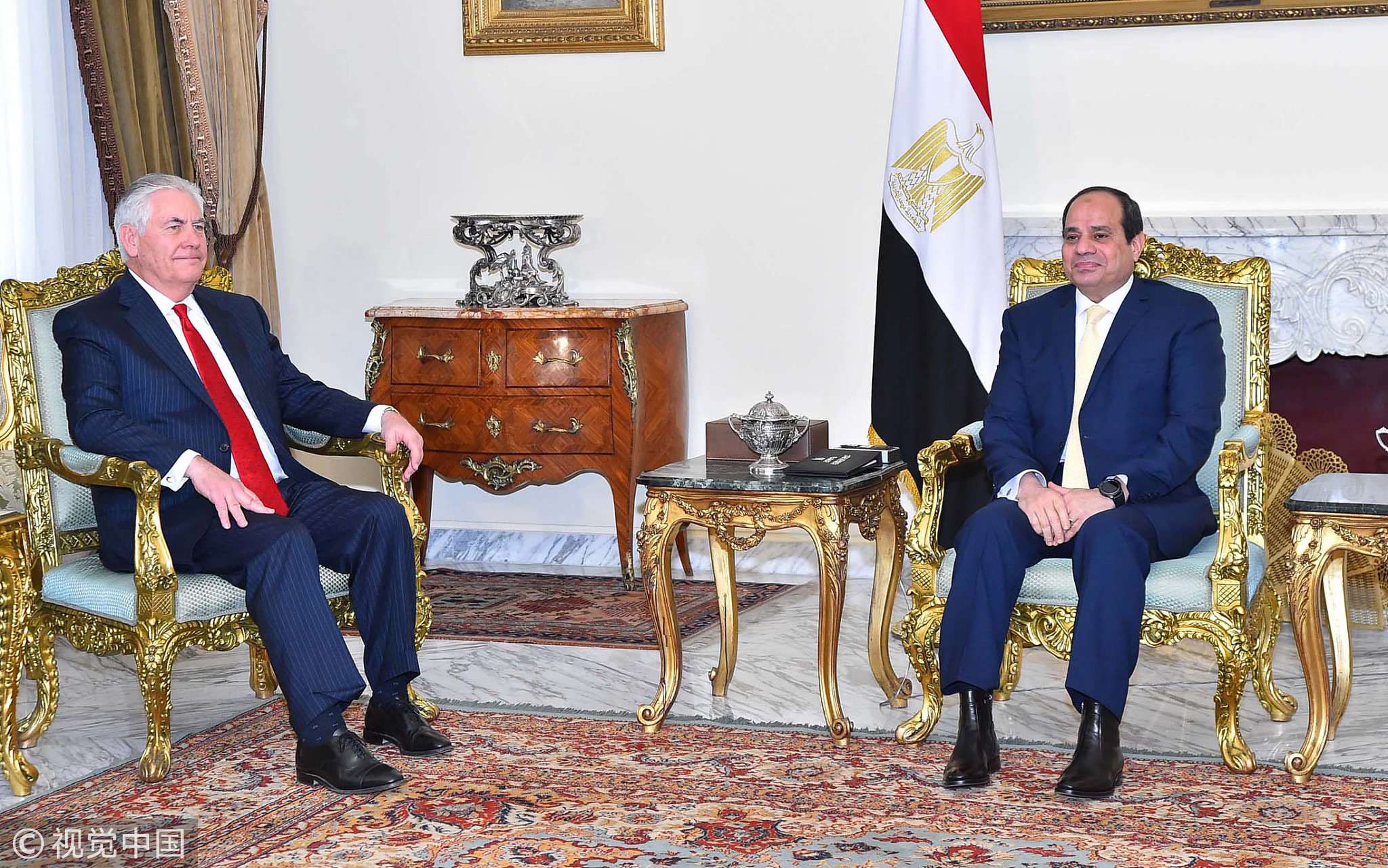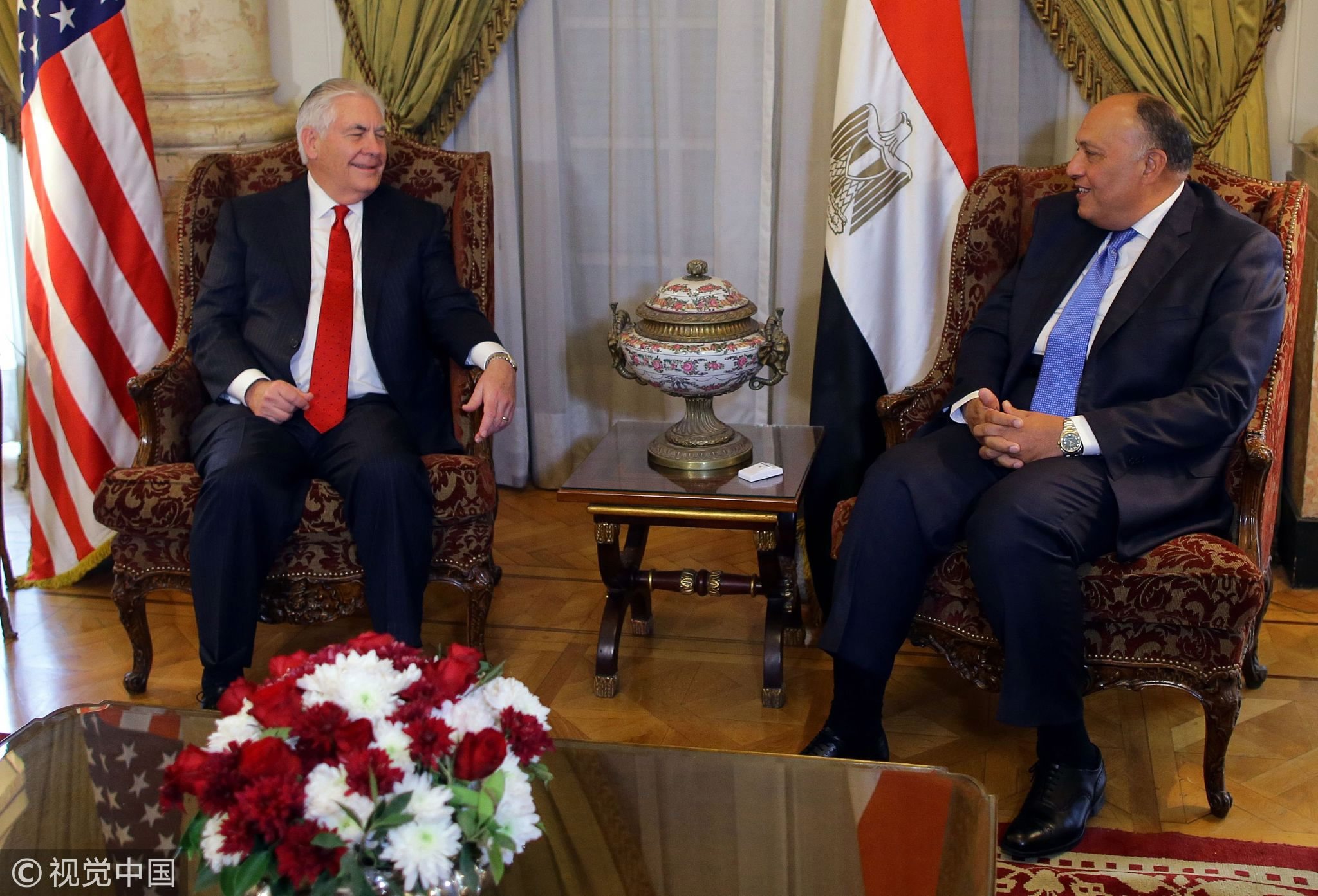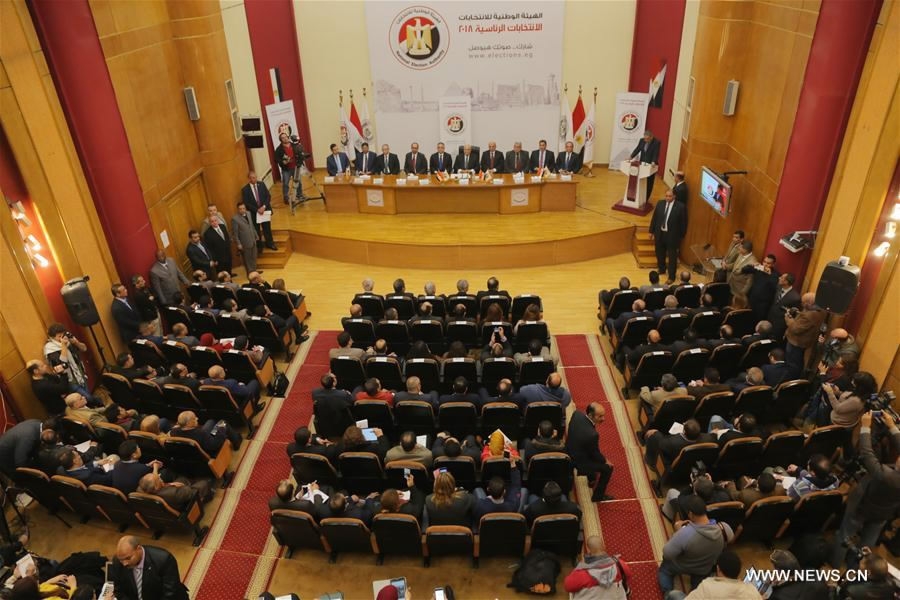
Opinions
21:55, 15-Feb-2018
Opinion: Tillerson in Egypt – To commit or not to commit
Guest Commentary by Zhou Rong

The US Secretary of State, Rex Tillerson, concluded his recent Egypt trip on Monday extending continued US support to Cairo’s fight against the ISIL extremist group even as he reiterated Washington’s call for a free and fair elections in the Arab world’s most populated country later this year. That call though was made in a softer tone, which would not have displeased Tillerson’s hosts in Egypt.
The visit came as Egypt pushed ahead with major military operations in volatile Sinai, where Islamic extremists have been leading an insurgency for years, and in remote areas of the mainland where militants have attacked security forces and civilians. In November, they massacred 311 people at a north Sinai mosque, and in December they made a bid on the lives of the defense and interior ministers with a missile attack during an unannounced visit to the area.
Egypt is an important partner of US in the Middle East and is designated as a non-NATO ally of the US-led coalition against terrorism. It is not surprising therefore that Tillerson made Cairo his first stop during the crucial Middle East trip. Although it appeared that he may have been slightly reluctant to promise Washington’s continued cooperation with Cairo on counterterrorism measures, Tillerson eventually assured the Egyptian people of the US’ “steadfast” commitment in Egypt’s fight against terrorism.

Egyptian President Abdel Fattah al-Sisi meeting with US Secretary of State Rex Tillerson in Cairo, Egypt, February 12, 2018 /VCG Photo
Egyptian President Abdel Fattah al-Sisi meeting with US Secretary of State Rex Tillerson in Cairo, Egypt, February 12, 2018 /VCG Photo
Even if it is obvious that the US is not very pleased with Sisi’s domestic policies, especially the reported violation of human rights under his watch, Washington doesn’t seem to be keen on publicly criticizing the incumbent president. The US isn’t left with much room for maneuvering as there is no political alternative to Sisi in Egypt at the moment. Any miscalculation may bring the radical Muslim Brotherhood, which the US abhors, to power again.
Egypt is going through a sensitive phase as it conducts a military campaign ahead of the presidential election in March, in which Sisi is running to seek a second term of four years.
Tillerson, in a bid to comfort an old ally, stressed that the US was also keen to continue supporting Egypt in its economic recovery. That would be music to the ears of the higher echelons in the Egyptian establishment. Forging closer economic cooperation with the US and increasing American investments within Egypt remained one of Cairo’s crucial objectives and the key reasons behind Sisi accepting to host Tillerson now.

Egyptian Foreign Minister Sameh Shoukry meeting with US Secretary of State Rex Tillerson in Cairo, Egypt, February 12, 2018 /VCG Photo
Egyptian Foreign Minister Sameh Shoukry meeting with US Secretary of State Rex Tillerson in Cairo, Egypt, February 12, 2018 /VCG Photo
It is a known fact that Egypt still maintains intimate links with Moscow and Russian military assistance on counter terrorist groups have proven to be more significant than that of the US.
Washington, which gives Egypt some 1.3 billion US dollars in annual military assistance and hundreds of millions more in civilian aid, withheld some 100 million US dollars of the funding last summer, ostensibly over a new Egyptian legislation that blocked much foreign funding of non-governmental organizations, especially those involved in human rights research.
It is worth noting that Tillerson didn’t pay a visit to Egypt, a decades-old ally, during his first year in office. So when Tillerson finally made it to Cairo on Monday, at the start of a five-country tour of the Middle East, he appeared keen on making amends. He expressed staunch support for Sisi’s latest counterterrorism drive in Sinai, and avoided even mild criticism of next month’s presidential election.
The US Secretary of State declined to comment on a fierce wave of repression of opposition. Egyptian government banned transmissions of the Arab version of the American comedy show “Saturday Night Live,” the latest step in a broad crackdown in which about 500 websites blocked.

The Egyptian National Election Authority (NEA) announced at a press conference that Egypt will hold its 2018 presidential elections from March 26 to 28 in Cairo, Egypt, January 8, 2018. /Xinhua Photo
The Egyptian National Election Authority (NEA) announced at a press conference that Egypt will hold its 2018 presidential elections from March 26 to 28 in Cairo, Egypt, January 8, 2018. /Xinhua Photo
Away from the cameras, Tillerson remains dissatisfied with Egypt on several areas that cooled the relationship in the past year. There were signs that those issues had not gone away. The US was very unhappy about Egypt’s relationship with the Democratic People’s Republic of Korea (DPRK). American demands that Egypt downgrade its ties to the DPRK were a major factor in Tillerson’s decision last August to slash 96 million US dollars in military aid to Egypt, and to freeze a further 195 million US dollars.
Tillerson was still concerned over Sisi’s treatment of civil society and aid groups. With Sisi, Tillerson said they discussed “the importance of the protection and promotion of human rights and the vital role of civil society in Egypt.
Tillerson made more rhetorical promises on recovery of Egyptian economy but made no substantial offer for concrete funds and it is unlikely that the US would fully compromise its policy towards Egypt. On the one hand, Tillerson would like to support Egyptian operation against ISIL, while on the other, Tillerson’s statement would not be without preconditions.
The US hopes to see Egypt’s reliance on Russia to decline; its position against Hamas to harden; ties with the DPRK to weaken; and also a lowering in crackdown against liberal journalists. Else, the US may always find a myriad of reasons to deny and delay the realization of its offers.
(Zhou Rong is a professor at the Chongyang Institute for Financial Studies of Renmin University of China. The article reflects the author's opinion, and not necessarily the view of CGTN. )

SITEMAP
Copyright © 2018 CGTN. Beijing ICP prepared NO.16065310-3
Copyright © 2018 CGTN. Beijing ICP prepared NO.16065310-3